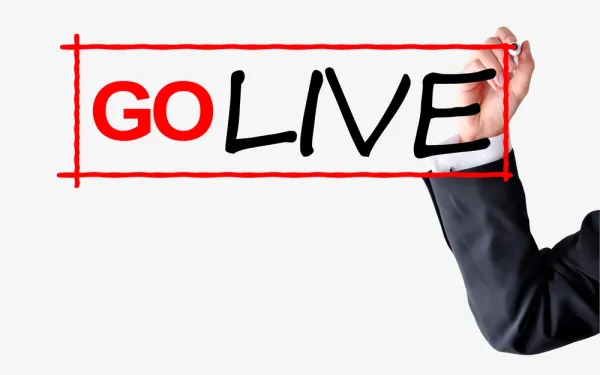Take a Look at Why You Should Venture Into Outpatient CDI Collection

CDI (clinical documentation improvement) is a process where hospitals recruit specialists to review clinical documents and provide feedback to physicians. This interactive feedback loop essentially ensures the diagnoses and procedures are well documented – and can make a difference in how successful claims submissions are. Read on for more on how CDI can help your facility.
Background: CDI feedback can range from a form requesting more specific information to a simple email sent to the physician, according to Mark Morsch, vice president of technology at Optum360 in the Greater San Diego Area. The process may require an in-depth understanding of the scenario, as the CDI specialist needs to get a complete picture of the patient’s condition, services rendered, and gaps in documentation.
Understand the Challenges
One big challenge when looking to establish CDI processes is that the world of outpatient documentation is overwhelmingly huge. That’s because outpatient settings generate far more claims than inpatient facilities, which means a much larger volume of documentation to review. Hence, you need a unique CDI program in this type of setting to match the sheer scale.
Depending upon the focus of outpatient CDI, it is sometimes harder to justify immediate return on investment (ROI). If the initial focus is rectifying charge capture, then the rewards are easily visible but multiple encounters make it difficult to define the risk of a patient in a population, according to James P. Fee, MD, CCS, CCDS, vice president or Huff DRG Review Services in Baton Rouge, La.
Start small: It is a good idea to begin with emergency medicine, focusing on severity, medical necessity and risk adjustment/HCCs. Ambulatory family practice is another recommended starting point, as these are the settings where patient risk is usually established, says Fee.
Work Toward Physician Buy-In
It is important for physicians to understand why documentation improvement is important and relevant to their daily work. Seeing that CDI programs are able to perform data analytics for risk stratification will boost your chances of physician buy-in. Add this to evidence-based medicine to care for patients, and you’ll definitely get physicians’ attention.
Plus: Another important regulatory change will help increase physician interest in outpatient CDI. The Merit-Based Incentive Payment System (MIPS) will eventually replace the Sustainable Growth Rate (SGR). It unites the Physician Quality Reporting System (PQRS), EHR Incentive Program, and Value-Based Modifier (VBM). MIPS will start from 2017, which will lead to either financial bonuses or penalties based on the MIPS as early as 2019. By 2022, low-performing physicians could see as much as a 9 percent decrease in Medicare payments. Outpatient CDI programs may be a solution to offset this potential revenue loss.




